Imashirozuka Kofun: Historic Site and Family Park
There are many key-shaped burial mounds, or Zenpokoen-Fun, in Kansai region, especially Nara and Osaka. However, the public is completely barred from entering them. Surprisingly there is a single exception in Osaka, Imashirozuka Kofun. This 350m large-size key-shaped kofun, considered as the tumulus of the 26th emperor Keitai, lets you come in and you can even climb the top of the kofun for free.
Imashirozuka Kofun and Ota Chausuyama Kofun
So, why is it then that entrance into Imashirozuka Kofun is ok, but all other kofun are off-limits? The answer is quite easy: Imperial Household Agency made a mistake.
Because of damage from an earthquake, people did not realize Imashirozuka Kofun was such an important kofun. What historians long thought was Ota Chausuyama Kofun, located near Imashirozuka Kofun, was the actual grave of the 26th emperor, Emperor Keitai.
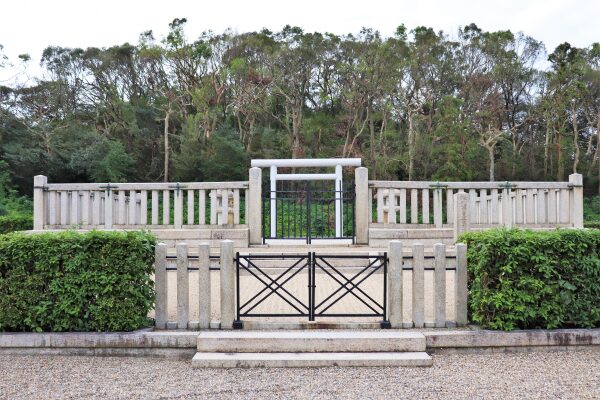
However, when archaeologists found artifacts in Ota Chausuyama dating to the mid-5th century they knew something was wrong, for you see Emperor Keitai died in the 6th century.
A while before it became a park in 1997, curious researchers excavated Imashirozuka Kofun, assuming it wasn’t an emperor’s grave. However, after the excavation they not only found out this was in fact a key-shaped kofun but also many artifacts to indicate the presence of the emperor’s burial mound. Many of these artifacts date back to the in mid-6th century, historians now think that Imashirozuka Kofun is the true grave of Emperor Keitai.
Imashirozuka Kofun
Imashirozuka Kofun is only 20 minutes from the station, but it might seem like it is a bit hard to find because it is a residential area. Today the kofun is a park and many families enjoy spending time there.
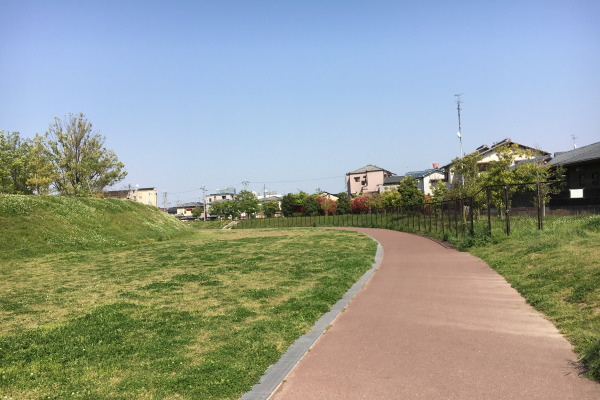
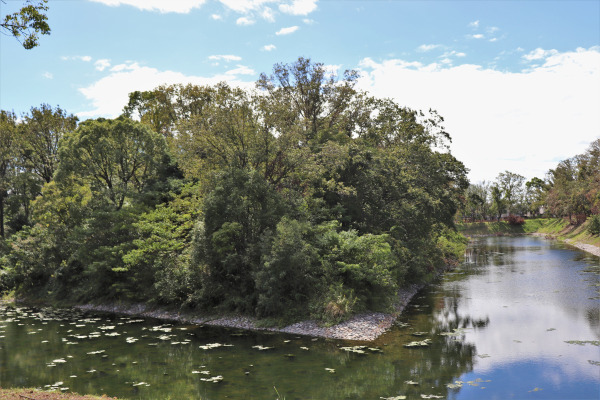
Unfortunately, the earthquake badly damaged the burial chamber and, to date, no one has found the emperor’s remains. However, there is evidence to suggest that at one time there were several burial chambers. Maybe several people here?
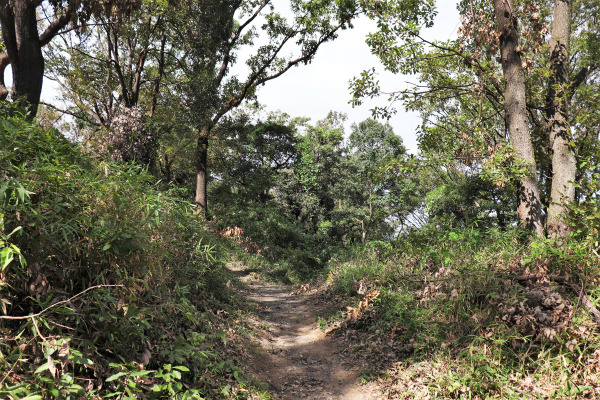
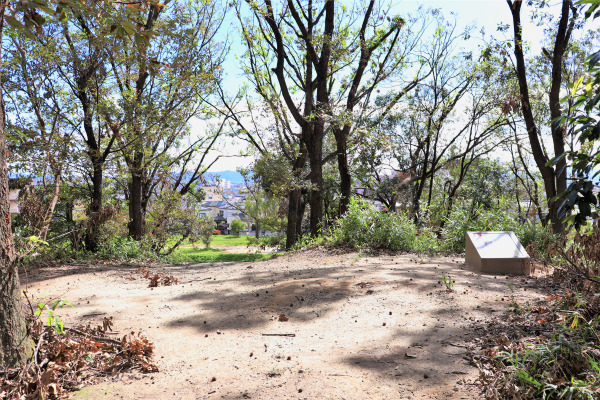
Haniwa
Haniwa are clay dolls placed in kofun. They come in various shapes; some of them look like animals while some of them are men. The purpose of those haniwa is unknown, but typically an emperor’s kofun has lots of haniwa. For researchers, haniwa plays an important role in deciding in what year a kofun was built through carbon dating.
In the case of Imashirozuka Kofun as many as 200 haniwa, clearly indicating it is an imperial grave.
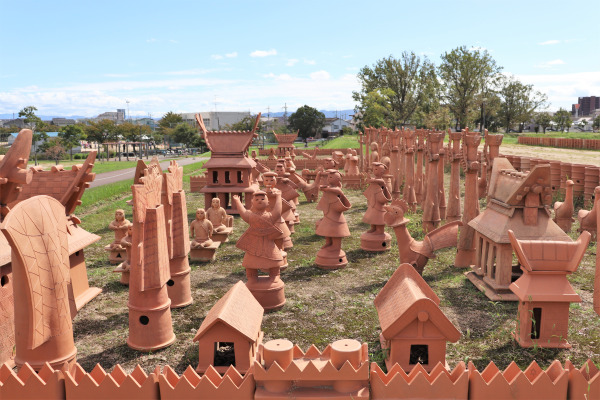
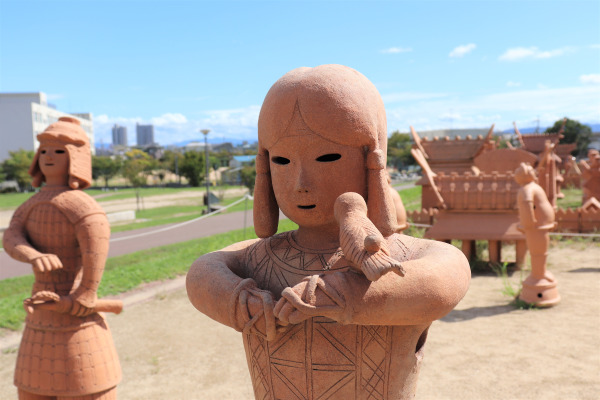
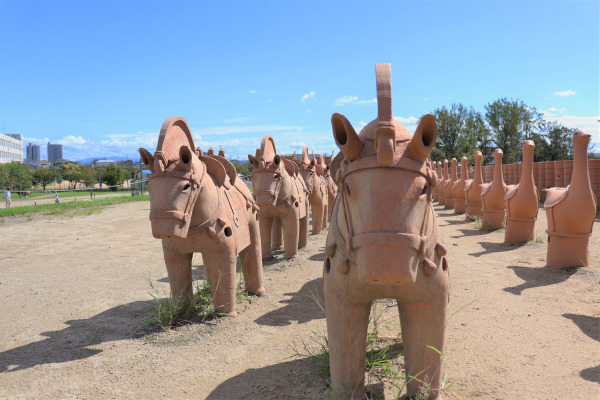
If you live in Takatsuki or Ibaraki or maybe are interested in Japan’s ancient history, you should the museum near Imashirozuka Kofun where you can learn even more about kofun!
Information
| Address |
Gungeshinmachi, Takatsuki, Osaka
|
| Getting to |
30 minute walk from Tonda Station of JR and Hankyu. Bus services are available from Takatsuki Station. |
| Hours |
N/A
|
| Entrance Fee |
Free
|
| Notes |
|
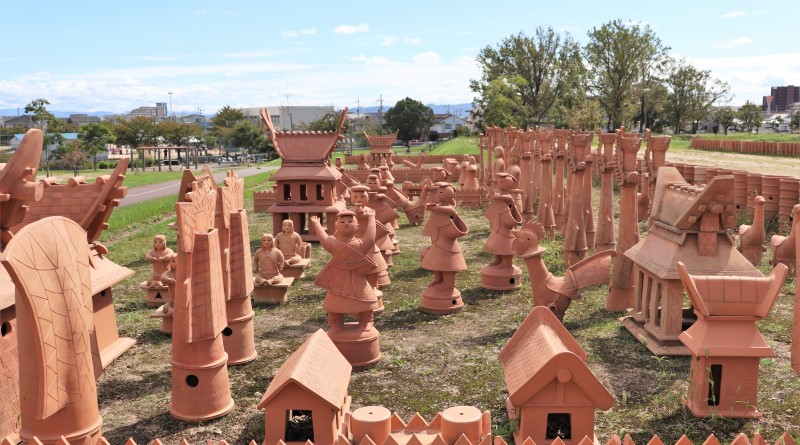
Leave a Reply